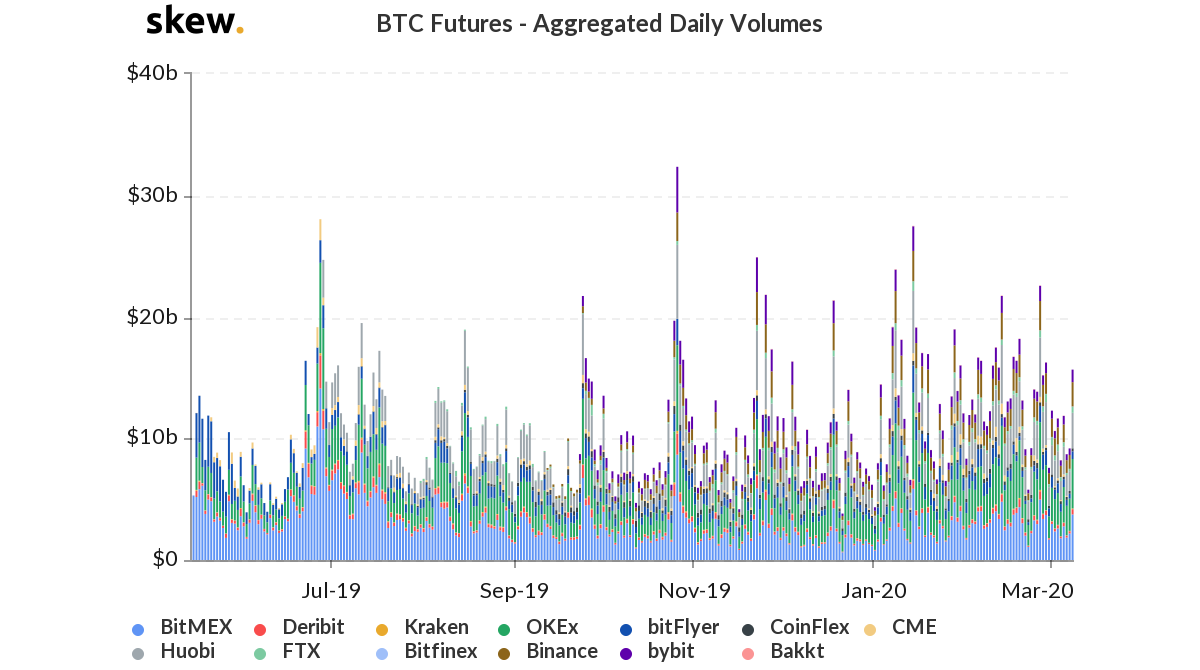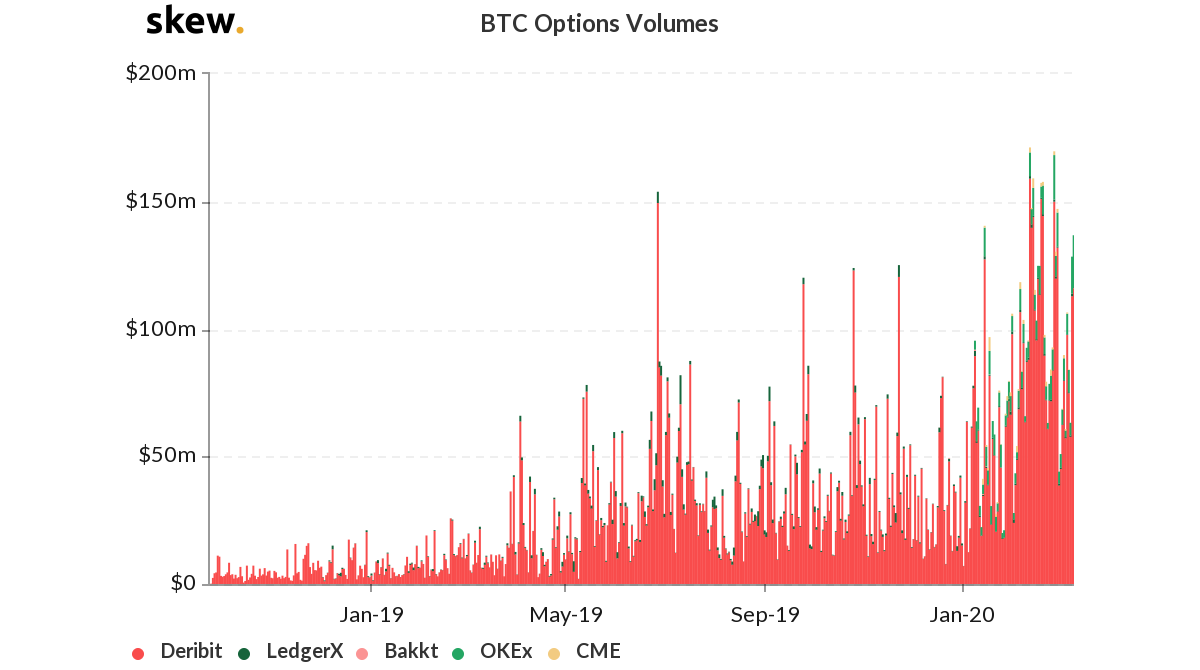On Dec. 4, Bitcoin (BTC) fund operator Grayscale published the results of a study that showed 43% of respondents interested in BTC investments turned out to be women. Today, half of Binance’s employees are female — and in India, women make up the majority of crypto investors.
Does this mean that gender equality has come to the market? Or are cryptocurrencies and blockchain technology still a men’s business? On the eve of International Women's Day, female representatives of the blockchain industry told Cointelegraph what attracted them to the market and which difficulties they have faced.
There is no place for women in the “Wild West”Until 2018, the cryptocurrency industry was almost absent of women — but male crypto enthusiasts created their brotherhood with private conferences and meetups. At one such conference held in Japan in 2018, only two of the 42 participants were women. And in the United States, one conference was held at a strip club.
In general, the lack of women in the blockchain market — until 2018 — can be explained by the historical dominance of men in the tech, financial and scientific industries, whereas the number of women, although growing, is still far from being equal. In these areas, women compose 10%–30% of the total workforce.
For the same reason, women have been facing difficulties with finding jobs in blockchain startups for several years. The results of a study published by LongHash in 2018 show that among 100 blockchain startups, female employees accounted for just 14.5%, while the percentage of managers was a measly 7%. Even worse, there wasn’t a single female leader in 78 out of the 100 startups. Arijana Koskarova, a founder of the training center Creative Hub in North Macedonia and Kosovo, told Cointelegraph that this is due to the commitment it takes to be in the blockchain industry:
“Women have other priorities in life, such as raising a family, so the majority often choose jobs that are easier to handle rather than insecure.”
The risk associated with cryptocurrency investment and its association with crime are other reasons why less than 10% of women invested in cryptocurrency in 2018. Some believe that this is because digital money was initially used mainly for the purchase of weapons, illegal pornography or drugs. Many people still associate BTC with the Wild West, the darknet and crime.
The number of women in crypto is growingHowever, in the world of blockchain, there have been more and more women mastering new professions: investors, traders, analysts, developers, journalists and even heads of companies.
Notably, few people know that there are now more women holding leadership positions in the blockchain and crypto industry than in Silicon Valley. Leading crypto companies such as Bancor and Binance are clear proof of this, with 40%–50% of employees being women — and perhaps the latter’s success is indeed partially due to this fact.
The list of female blockchain startup leaders turns out to be quite long. Here are just a few examples. The blockchain divisions of IBM and JPMorgan Chase are led by Marie Wieck and Amber Baldet respectively; Blythe Masters led blockchain firm Digital Asset Holdings and became a managing director at JPMorgan Chase when she was 28 years old; and Kaitlin Breitman co-founded Tezos, which raised $232 million in its initial coin offering.
The growing interest of women toward cryptocurrency can be explained by the attractive investment opportunities of the market, as blockchain entrepreneur Nisa Amoils explained to Cointelegraph:
“Women can get more income through trading, investing and virtual spending of Bitcoin. And the token economy can democratize access to capital through, for instance, security token offerings.”
Many of today’s projects created by women are not only competitive with those created by men but also can outperform their peers. The implementation of the well-known Lighting Network protocol was made possible by its founder, Elizabeth Stark. Key decisions at Coinbase are made not only by Brian Armstrong but also by Katherine Hawn, a member of the company's board of directors. Also, Tony Lane Casserley co-founded Cointelegraph, and the chief operating officer of ConsenSys is Carolyn Reckhou.
Coindance data confirms that the Wild West is slowly but surely acquiring a female face — the number of women in blockchain technology has grown from 8% to 12% in the past two years. This includes bad projects as well, as the infamous scam project OneCoin — which reportedly raised 4 billion euros — was founded by Ruzha Ignatova. Isn’t it also the Wild West in its female manifestation?
It is also worth noting those who write about blockchain and cryptocurrencies: Some of these women have hundreds of thousands of subscribers, a strong Twitter following and are considered industry influencers. The number of female journalists and editors of crypto columns is growing — Laura Shin, Lily Katz, Kristina Lucrezia Corner, Rachel Wolfson — and these ladies are holding the keys of knowledge.
Another honorable mention is Hope Liu. In 2018, she received $20 million in funding for her startup, Eximchain — a public and scalable blockchain that ensures privacy for businesses — after she was told by an unnamed, influential man that she would “never be able to make it,” as she is a woman.
Women make blockchain technology more accessible to other women and men don’t mindOn Jan. 25, 2018, Alexia Bonatsos, a venture capitalist and Fobes “30 under 30” in the media category, tweeted the following message:
“Women, consider crypto. Otherwise the men are going to get all the wealth, again.”
More and more women are following her example, even those in developing countries, for whom blockchain is a great opportunity to gain financial independence. In Uganda, for instance, Tricia Martinez launched the Wala blockchain platform, which allows women to quickly and easily transfer small amounts of money. In another developing country, Afghanistan, Roya Mahboob and Fereshteh Forough launched Women’s Annex, offering women the opportunity to write blogs and earn cryptocurrency from advertising. Kristin Boggiano, a co-founder of the Digital Asset Regulatory and Legal Alliance (DARLA), believes that the technological revolution in the digital economy is excellent for women, adding:
“It is bringing financial inclusion and economic empowerment to females globally, which is having a strong impact on reducing poverty, increasing education and overall household nutrition for families. Through compelling evidence from a number of sources, including the Bill & Melinda Gates foundation, it is clear that empowering women and improving gender economic equality leads to economic growth for the community.”
Another woman in blockchain, Singapore-based Yuree Hong, managed to raise the number of female speakers at her conference, S/HE Blockchainers Asia, to 30%–40%. Hong explained that having female speakers encouraged other women to participate. Ksenia Semenova, development director at Cindicator, shared some advice with Cointelegraph:
“Often, the question arises whether it is difficult to be a woman in the male world of business and technology. In my experience, being a woman in the crypto business is easier. [...] Your virtual investors are practically indifferent to who you are. They don’t communicate with you personally, they look at the totality of data: a team, an idea — your gender does not matter.”
However, Manasi Vora believes that being a woman who works in a male-dominated environment, or being the only woman to speak at a conference, is not easy. This is a solvable problem, though, as she told Cointelegraph:
“We need to celebrate and highlight the women that are already leading in this space, and that would be inspiring for others to join.”
But what do men think? Have they started to take women seriously in the blockchain market? How are they accepted in the workplace? Binance, one of the leading crypto exchanges, has been leading by example, showing that women can not only successfully work in the crypto industry but also make vital decisions for the company. Thao Trang, a Binance representative who organizes events for female employees, believes that:
“Maintaining gender equality leads to not only a balanced working environment for employees but also to diversity professional skills, creative thinking and problem-solving capabilities for businesses.”
As such, the exchange doesn’t pay attention to gender or marital status during the hiring process. Helen Hai, the head of Binance’s charity foundation, used a Chinese saying when describing the company’s policy: “It doesn't matter whether the cat is black or white. For as long as it catches the mice, it is a good cat.”
World-renowned women also contribute to gender equality in the blockchain industry, such as baroness Michelle Mone, who launched her own cryptocurrency to increase women's interest in investing in the technology. Another woman, Italian entrepreneur Katerina Ferrara, founded the Neuralia project aimed at achieving gender equality in the crypto industry. On the matter of inclusion, Manana Samuseva — founder of the Women in Crypto community — said:
“I believe that it is necessary to implement a number of projects for more effective entry of women entrepreneurs into the sphere of blockchain and cryptocurrency. We held more than 40 meetings for women from the crypto community to teach them crypto trading and blockchain investments. As a result, in New York, the contact base grew to 7,000, and women from various financial companies — such as J.P. Morgan, GE, Morgan Stanley, Deutsche Bank, Citigroup — became involved.”
Other women believe that unless you do something yourself, no one else will do it for you. And if women will not be more actively involved in the crypto world, they again risk giving all the “laurels” to men. He Yi, co-founder and chief marketing officer of Binance, said:
“Blockchain and crypto is an emerging industry, one at a very early stage. […] You have to jump in early enough. […] Never expect others to give preference to women.”
Arijana Koskarova seems to agree with that last point, telling Cointelegraph:
“I don't think women are naturally discriminated [against], but probably we also need to work harder and take [our] place in this industry.”
A lack of knowledge of cryptocurrencies among women is also among the reasons why men prevail in the market. As such, payment company Circle believes that accessible educational resources will help increase the number of women in the blockchain market.
Blockchain was supposed to bring equal opportunities to everyone around the world. At least that's what Satoshi Nakamoto, the creator of Bitcoin, intended to achieve. And while the hierarchy has not yet been built, there is a chance to build it in such a way that gives people more freedom to choose which position they want to take in the market — and it does not matter whether they’re men or women.
Arwen Smit, founder of blockchain startups Dovu and MintBit, and author of the book “Identity Reboot,” believes that gender is not so important in order to participate in today’s blockchain industry and that Satoshi Nakamoto could be a woman. In an interview with Cointelegraph, she added that the contribution of both sexes is valuable:
“If we believe that an information is absolutely essential to how society functions nowadays, what is essential is that the people building this technology, the people deploying this technology, and the people auditing this technology, the people putting balances on this new technology is a diverse group of people.”
In the blockchain industry, it’s not too late to reduce the gender gap that has existed for many years in the financial and tech industries, according to Vora. She explained to Cointelegraph how exactly this can be accomplished:
“We need to have conversations and initiatives to change this early on when the blockchain space is still evolving. Not 10 years down the line in retrospective.”
Source




 Latest news:
Latest news: 





 Shop
Shop
 Bidding Open
Bidding Open













